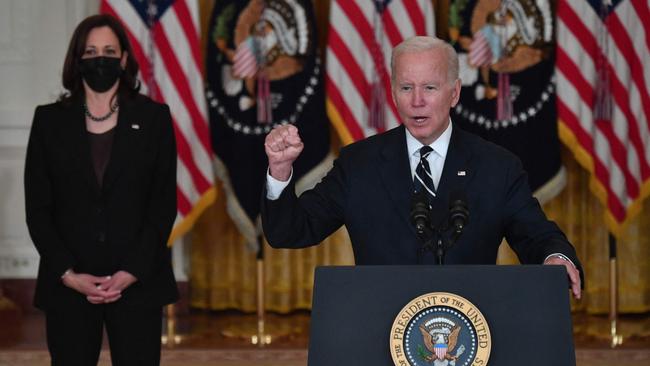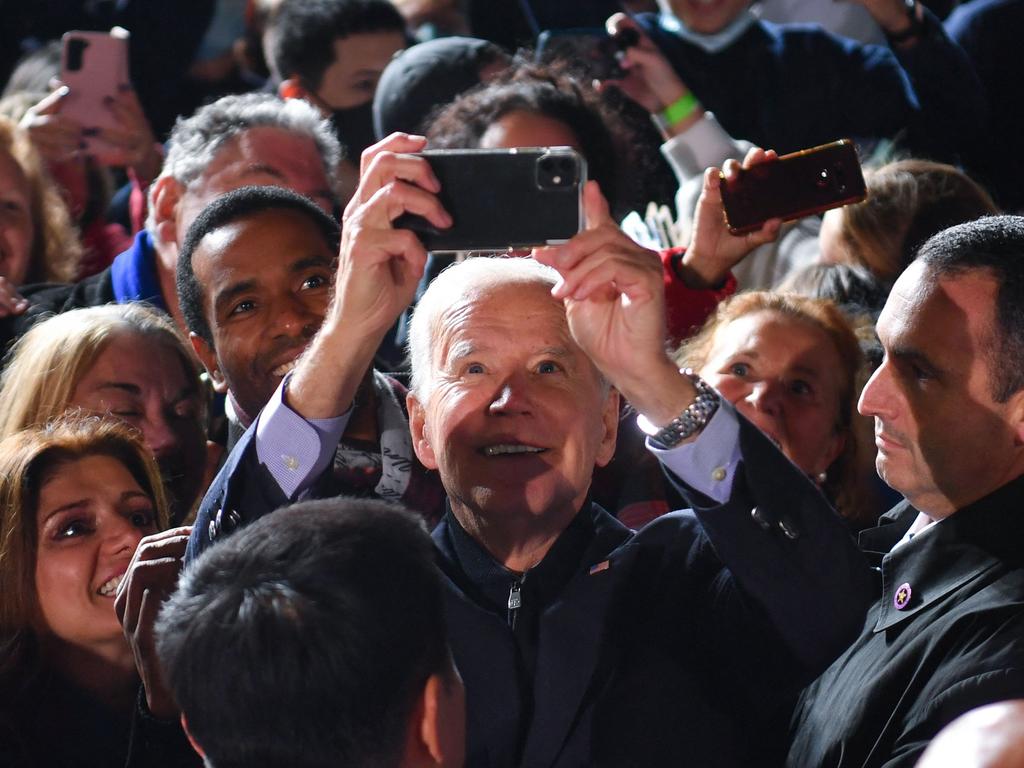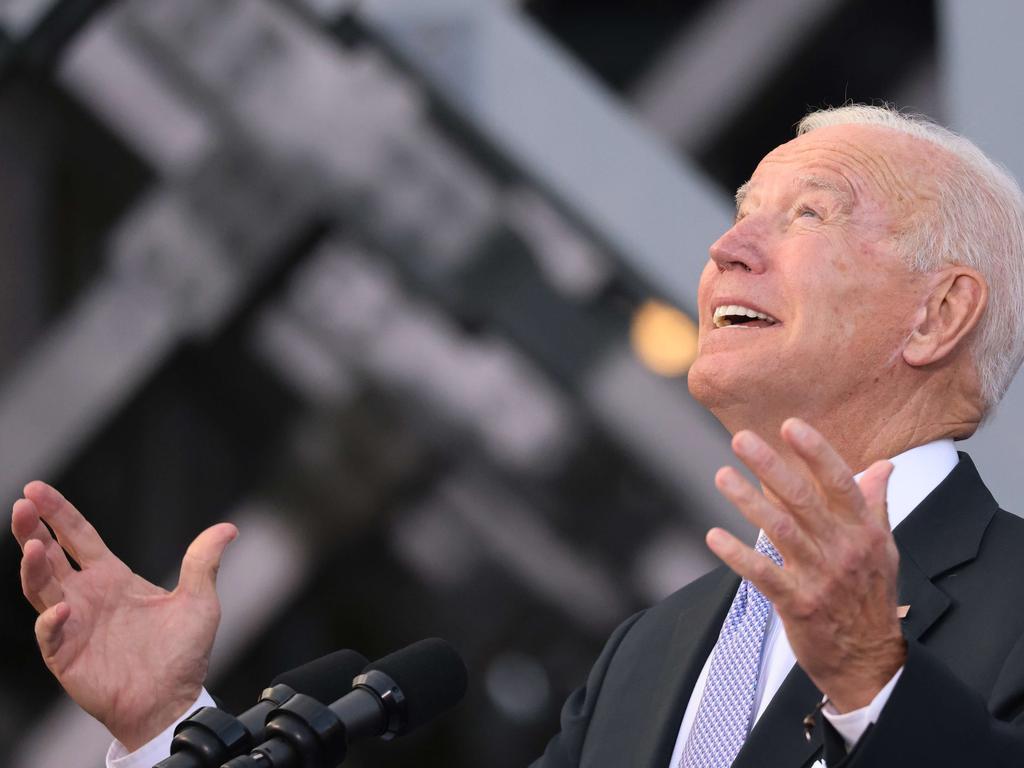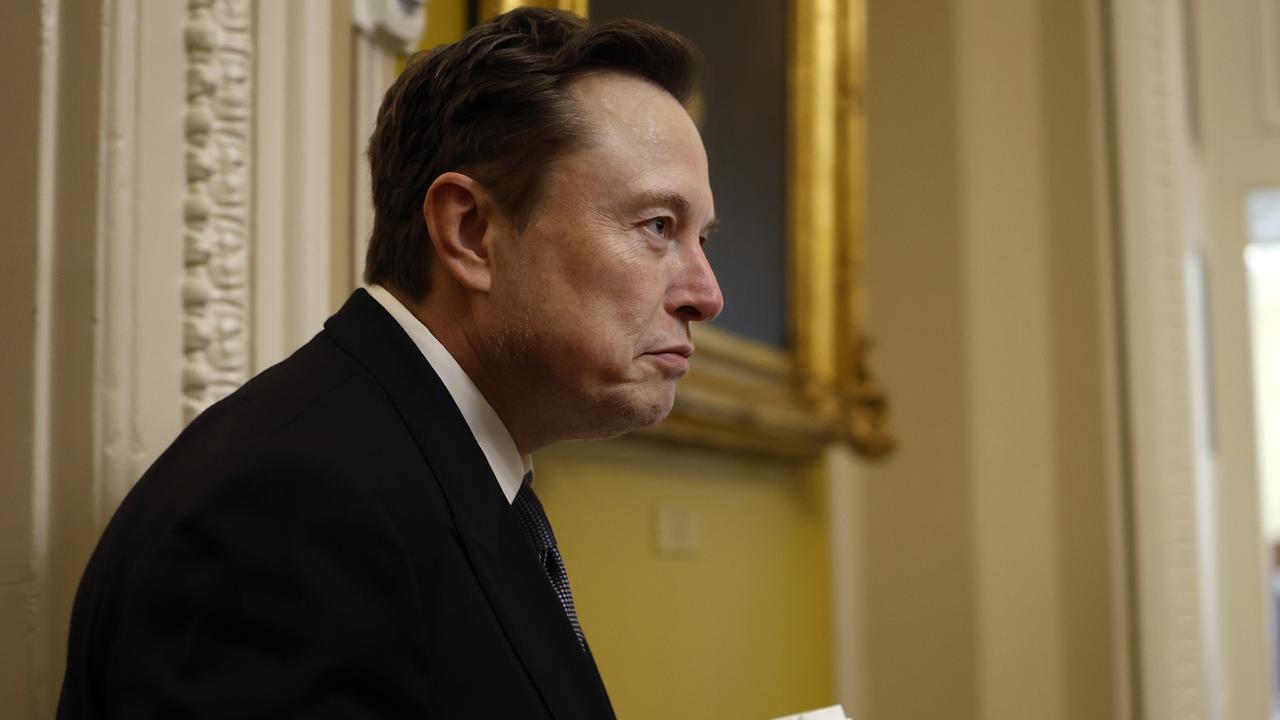Biden releases framework on social-spending, Climate Package
White House releases $2.45 trillion trimmed-down social-climate package in the hopes of winning over key congressional holdouts.

The White House released a $1.85 trillion social-policy and climate framework, putting out a still-developing product that top House Democrats hoped would be enough to persuade progressives to drop their objections to a parallel, roughly $1 trillion infrastructure bill that leaders want to pass later Thursday.
President Biden met with House Democrats in the morning to pitch politicians on the framework, a far slimmer piece of legislation than the $3.5 trillion the party originally had outlined. Democrats have been rushing to complete negotiations on the bill so that they also can move forward with the public-works legislation, which passed the Senate over the summer but has languished in the House.
“I don’t think it’s hyperbole to say that the House and Senate majorities and my presidency will be determined by what happens in the next week,” Mr. Biden told Democrats, according to a person familiar with the closed-door meeting.
The White House framework released Thursday called for funding for childcare subsidies, universal prekindergarten, tax breaks for families, in-home care for elderly and disabled Americans, as well as tax credits aimed at combating climate change. But several party priorities were absent, including a national paid-leave program, while the fate of others, including a push to allow the government to negotiate drug prices, remained uncertain.
In televised midday remarks, Mr. Biden called the framework historic and nodded to the months of talks. “No one got everything they wanted, including me, but that’s what compromise is,” he said.
The Build Back Better Framework will set the U.S. on course to meet our climate targets, create millions of good-paying jobs, and grow our economy from the bottom up and the middle out.
— Joe Biden (@JoeBiden) October 28, 2021
It’s fully paid for by asking corporations and the wealthiest to reward work, not wealth.
Mr. Biden didn’t press the House to immediately pass the separate infrastructure bill and left without taking questions from reporters.
Progressives have said they would block the infrastructure bill without a deal on the social-policy and climate bill, with politicians saying they were unsure if they could support the infrastructure bill after the frameworks’ release Thursday. Progressives huddled to discuss next steps and said opposition remained to an immediate infrastructure vote.
“There are too many no votes for the [infrastructure] to pass today,” said Rep. Pramila Jayapal (D., Wash.), the chairwoman of the Congressional Progressive Caucus, after she emerged from the meeting.
But Ms. Jayapal said that the progressive caucus was prepared to endorse the framework for the social-policy and climate bill. She said politicians wanted to see the text of the legislation but wouldn’t insist on passing the package first before approving the separate infrastructure bill.
“We’re going to trust the president on the Senate vote,” she said of the social-policy package.
Democrats can afford to lose no votes in the 50-50 Senate, and can lose no more than three Democratic votes in the House in the face of unified Republican opposition. And wrangling all factions of the party behind a particular set of ideas has proved challenging, especially as congressional leaders and the administration have jettisoned some of progressives’ favoured proposals in the face of objections from moderates.
Even with progressive support uncertain, House Speaker Nancy Pelosi (D., Calif.), who joined the progressives at their meeting, said she was going forward with a vote Thursday on the infrastructure bill. Mr. Biden will travel to Italy on Thursday to begin a series of international meetings. Mrs. Pelosi told Democrats they should pass the infrastructure slice of Mr. Biden’s agenda by the time he lands.
“The president has asked for our vote today,” Mrs. Pelosi told Democrats, according to the person familiar with the meeting.
“We will leave the vote open and we plan to win this vote. That’s what we plan to do,” said Rep. Pete Aguilar (D., Calif.), vice chair of the House Democratic caucus.
It’s an honor to welcome @POTUS back to the United States Capitol this morning as we continue our work to #BuildBackBetter For The People. pic.twitter.com/SNCGs9WYhw
— Nancy Pelosi (@SpeakerPelosi) October 28, 2021
Many of the cuts Democrats have made to the bill have been the product of negotiations with two holdouts in the Senate: Sens. Kyrsten Sinema (D., Ariz.) and Joe Manchin (D., W.Va.). Progressives in the House have been wary of the pair, holding up the infrastructure bill as a way to ensure they would support the social-policy and climate effort.
Neither Mr. Manchin nor Ms. Sinema explicitly endorsed the White House framework on Thursday, falling short of the support some House Democrats had hoped for.
“This is all in the hands of the House right now, this is,” Mr. Manchin said. “I have worked in good faith and I look forward to continuing working in good faith.” Ms. Sinema said in a statement that Democrats had “made significant progress on the proposed budget reconciliation package.” “I look forward to getting this done, expanding economic opportunities and helping everyday families get ahead,” she said.
After months of productive, good-faith negotiations with @POTUS and the White House, we have made significant progress on the proposed budget reconciliation package. I look forward to getting this done, expanding economic opportunities and helping everyday families get ahead.
— Kyrsten Sinema (@SenatorSinema) October 28, 2021
Democrats have been honing their spending legislation for weeks, seeking to both slim the package as well as find revenue to pay for new programs.
The plan includes a one-year extension of the expanded child tax credit through 2022, plus a provision making that break permanently available to low-income families that don’t pay income taxes. It funds six years of universal prekindergarten, six years of childcare subsidies, and $150 billion to support long-term care for elderly and disabled Americans.
The framework also sets aside $555 billion for climate-related provisions, including $320 billion in 10-year expanded tax credits for utility-scale and residential renewable energy, transmission, electric vehicles and clean energy manufacturing.
A central challenge in the talks has been finding ways to raise revenue for the package after Ms. Sinema objected to many of the tax increases Democrats had crafted for the bill.
A new surtax in the White House framework will be 5% on adjusted gross income above $10 million and another 3% on AGI over $25 million, senior administration officials said. Those taxes would effectively raise the top tax rate on ordinary income to at least 45% and raise the top capital-gains rate to 31.8%. It also would apply a 3.8% investment-income tax to active business income, hitting high-income owners of many closely held businesses.
Those levies would hit high-income people but wouldn’t address key targets of Democrats’ tax-raising aims -- billionaires who are seeing their wealth increase without reporting much taxable income.
The plan will also include a 15% minimum tax on profitable corporations, higher taxes on US companies’ foreign income and money to increase the enforcement staff of the Internal Revenue Service. It also will include a 1% excise tax on corporate stock buybacks.
The tax plans do focus on high-income households and corporations, but other revenue-raising ideas proposed by the administration and by congressional Democrats appear to lack enough support for now. Those include a tax on billionaires’ unrealised capital gains, a rule requiring banks to report account flows to the IRS, changes to estate and gift taxes and higher corporate tax rates.
A senior administration official said a provision that would aim to cut the cost of prescription drugs by allowing Medicare to negotiate prices lacked enough votes and wouldn’t be included in the proposal. “We’re going to keep fighting to get this done and deliver lower drug prices,” the official said.
Ms. Sinema and Mr. Biden had reached a deal on more limited Medicare negotiations, according to someone familiar with the discussions. Congressional aides said they expected talks around the issue to continue and didn’t rule out adding a provision later in the process.
The White House expected to repeal a Trump-era rule to curb the rebates worked out between drugmakers and third parties that manage benefits for Medicare.
The proposal would provide $35 billion to broaden Medicare benefits to cover hearing, but it wouldn’t include dental and vision benefits, the officials said.
The proposal released by the White House Thursday would extend expanded Affordable Care Act subsidies through 2025, down from Democrats’ original hopes of making them permanent.
The framework also would make people now without healthcare coverage in the 12 states that didn’t expand Medicaid eligible for those expanded subsidies through 2025 if they would have qualified for the program in other states. But it doesn’t include a new federal Medicaid program.
--Alex Leary, Richard Rubin and Lindsay Wise contributed to this article. Write to Andrew Duehren at andrew.duehren@wsj.com , Ken Thomas at ken.thomas@wsj.com and Natalie Andrews at Natalie.Andrews@wsj.com (END) Dow Jones Newswires October 28, 2021 13:52 ET (17:52 GMT) Copyright (c) 2021 Dow Jones & Company, Inc.
Wall Street Journal






